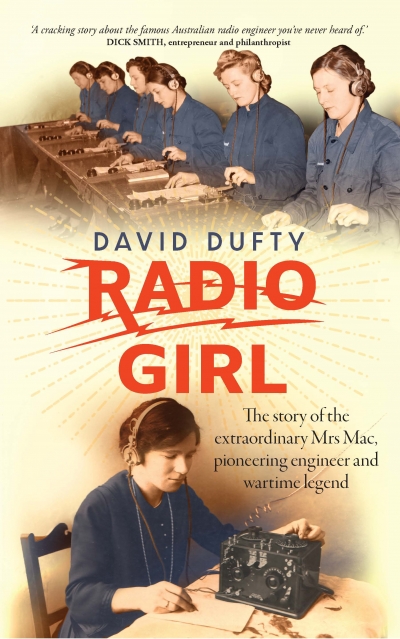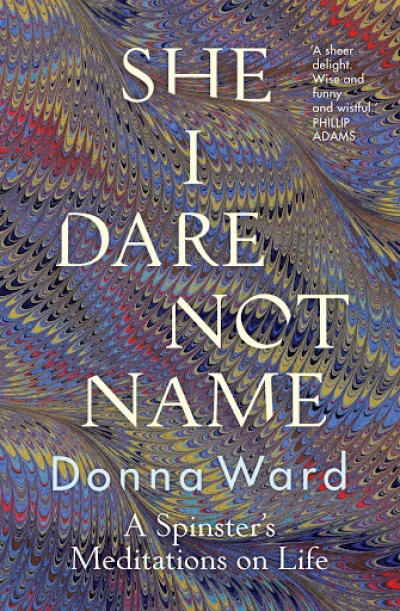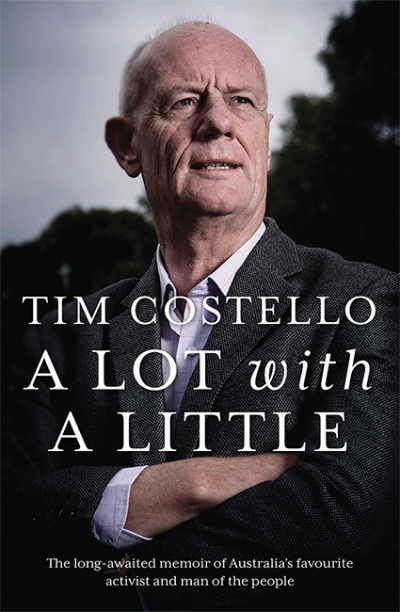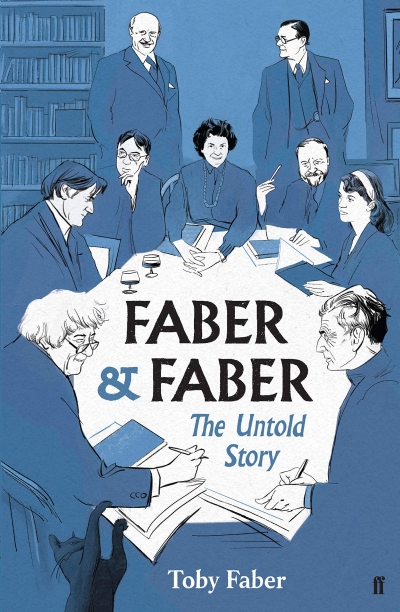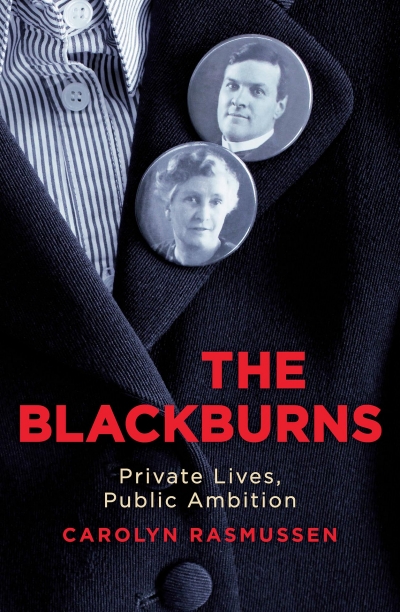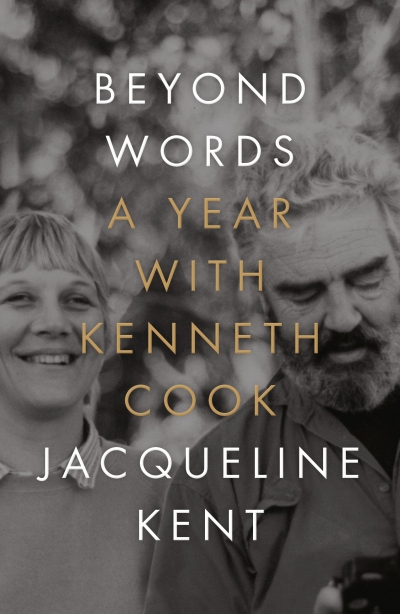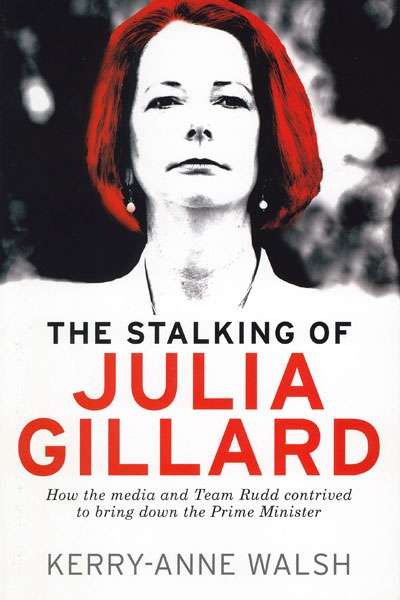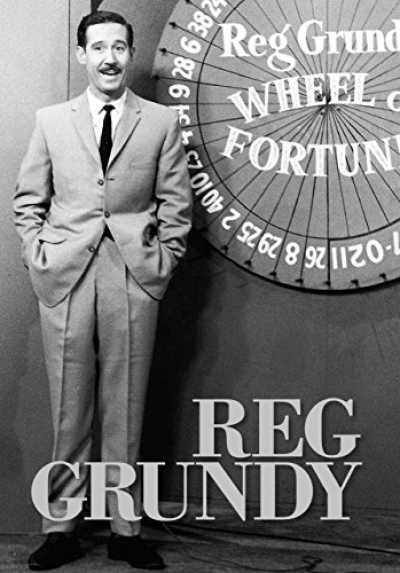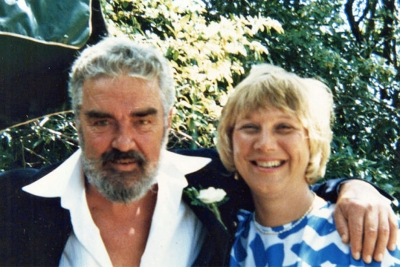Jacqueline Kent
Radio Girl: The story of the extraordinary Mrs Mac, pioneering engineer and wartime legend by David Dufty
by Jacqueline Kent •
She I Dare Not Name: A spinster’s meditations on life by Donna Ward
by Jacqueline Kent •
The Hilton Bombing: Evan Pederick and the Ananda Marga by Imre Salusinszky
by Jacqueline Kent •
Faber & Faber: The untold history of a great publishing house by Toby Faber
by Jacqueline Kent •
The Blackburns: Private lives, public ambition by Carolyn Rasmussen
by Jacqueline Kent •
The Stalking of Julia Gillard: How the Media and Team Rudd Contrived to Bring down the Prime Minister by Kerry-Anne Walsh
by Jacqueline Kent •
Kenneth Cook was always a little surprised by the success of Wake in Fright. He dismissed it as a young man’s novel, as indeed it was; he published it in 1961, when he was thirty-two. Among his sixteen other works of fiction he was prouder of Tuna (1967), a partial reimagining of Hemingway’s The Old Man and the Sea set off the coast of South Australia, and The Man Underground (1977), which dealt with opal mining. Perhaps he preferred them because he had enjoyed the research involved. It is true that both are better crafted, more assured, than the novel that made his name. But he could never quite accept that Wake in Fright delineated grim truths about the bush and its inhabitants that his other novels do not capture.
... (read more)
